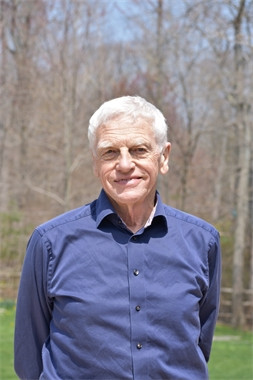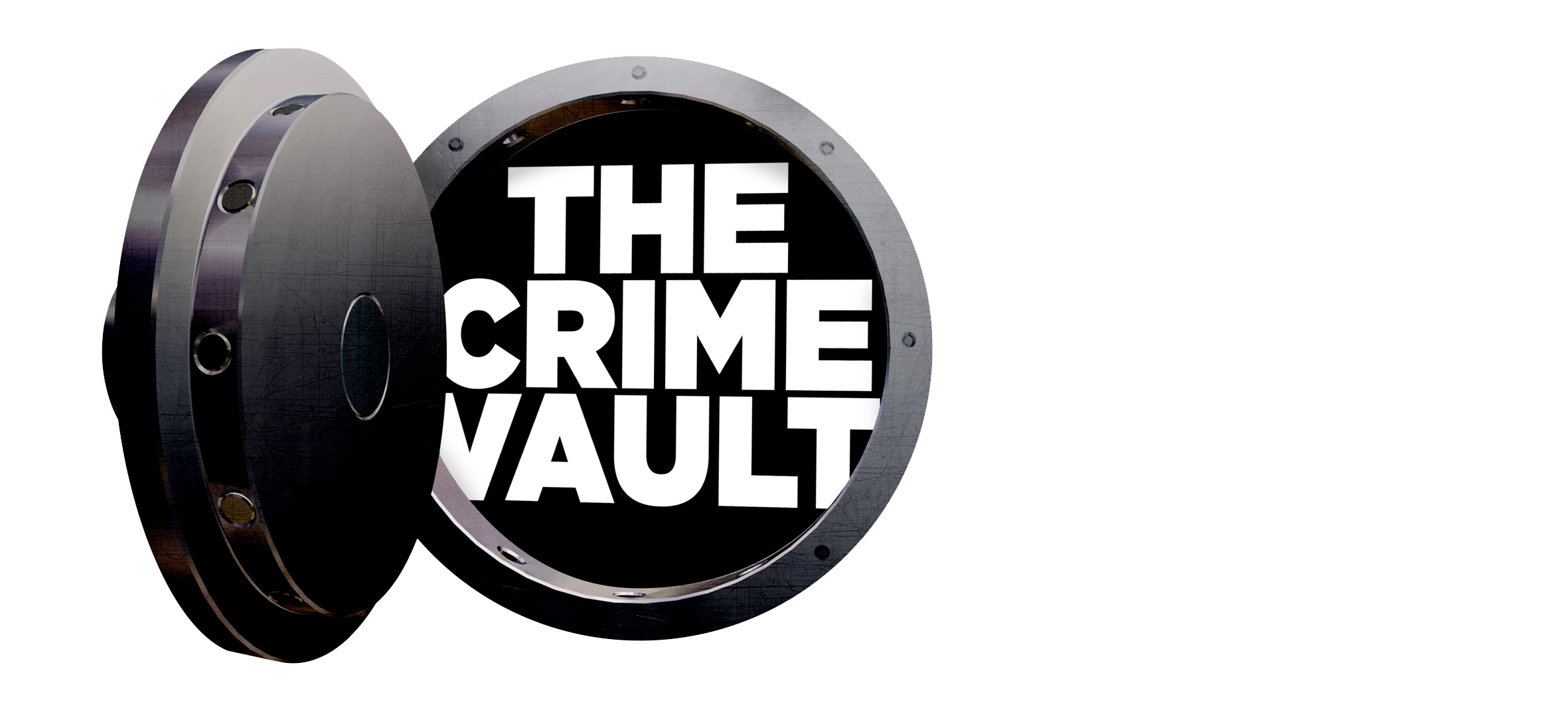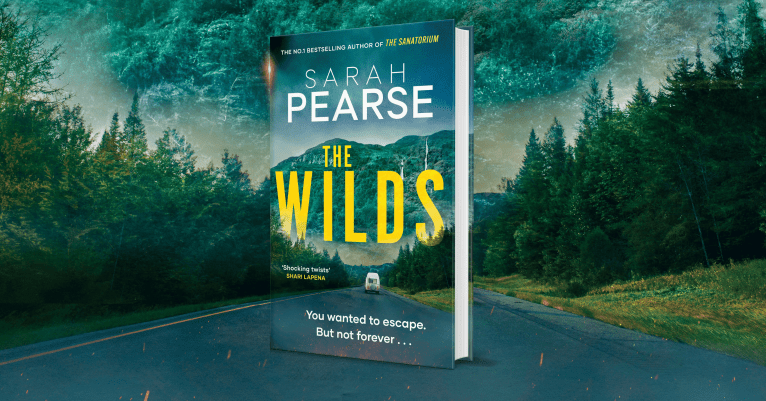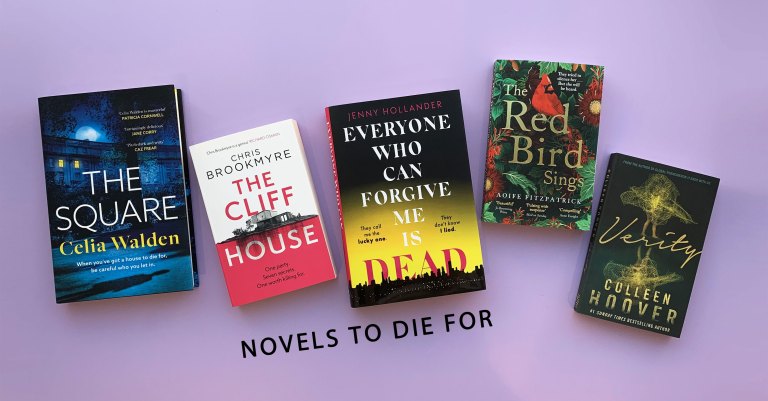Bullet Points with Peter Lovesey

BULLET POINTS is a series of tips for aspiring crime writers direct from published Crime Vault authors. There will always be five of them and they will always be short and snappy, so if you find yourself staring in frustration at the blank page in front of you, we hope they provide the inspiration for you to start writing…
direct from published Crime Vault authors. There will always be five of them and they will always be short and snappy, so if you find yourself staring in frustration at the blank page in front of you, we hope they provide the inspiration for you to start writing…
Here, in the second of the series, we ask award winning British crime novelist Peter Lovesey to share his writerly secrets.
1. Create characters your reader will care about. A good way is to give them a human failing anyone will identify with. They might be unlucky in love or technophobic or accident-prone. Get inside their heads and share their insecurities with the reader.
2. Challenge yourself with questions. Is this story too predictable? How can I surprise the reader? What is the object of this section of dialogue? How can I bring more action to the writing?
3. Get the police and forensic procedures right – but not at the cost of a good story. In reality, most crime-solving is painstaking teamwork – but that’s boring to read about. Every crime writer has to find a way of making the investigation dynamic, exciting and individual, usually centred on a main character. If the story is compelling, the reader will suspend disbelief.
4. Reality helps. I always use real locations – in London, Bath and Chichester – and imagine my characters on those not-so-mean streets. Real crime can be an inspiration for fiction. Try to imagine how a convicted killer might have planned the crime more smartly, and so got away with it. Watch TV documentaries featuring the real police and make notes on the things they say and do.
5. Be professional. Study and analyse the work of writers you respect and admire. Look at how dialogue and description enhance the pace of the plot. And take note of the layout. Your script should look like the book it will become, not like an academic thesis. You want the agent or editor who reads your work to enjoy it without distraction. If it looks right, it will feel right.
I wish you joy in your writing.
Peter Lovesey, Spring 2013

To find out more about Peter Lovesey and his Peter Diamond series click here.






